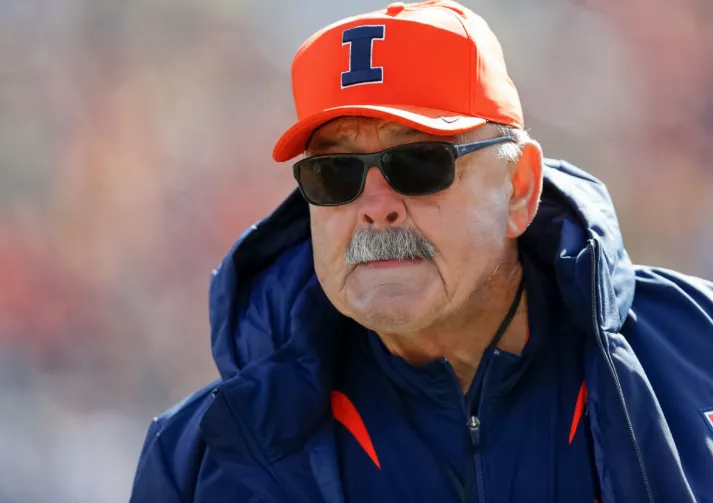Jury Awards Millions: Impacts of Failure to Warn in Consumer Products
Does product liability law make a manufacturer liable if a defective product has caused an injury? Well, product liability includes the failure to warn consumers of possible risks and it’s critical to maintaining consumer protection standards. It is case law that has played a leading role in this development through penalizing companies that do not observe safety measures and transparency. According to the Consumer Product Safety Commission, failure to warn is one of the leading causes of injury. While finding justice and seeking compensation in these cases requires a trusted lawyer, here is an exploration of some impacts the failure to warn bears in consumer products.
Recent High-Profile Product Liability Cases
1. Recent high-profile product liability cases set new parameters in consumer safety laws. For instance, the R.J. Reynolds case returned a jury verdict in the amount of $200 million to the family of Rita Jones, who died of lung cancer. The action was filed based on negligence and design defects in the marketing of cigarettes. The court observed that free sampling promotes the smoking habit, particularly among youngsters, to which Jones became addicted.
2. In the case of Valadez v. Johnson & Johnson, the court awarded Emory Hernandez Valadez $18.8 million after she developed cancer from exposure to asbestos in the company’s talc-based products as reported by the Guardian. Valadez’s case put a spotlight on the potential dangers of products consumers had used for decades without knowing the risk, which many felt required greater regulation of consumer goods.
3. The DuPont PFAS case involved $110 million in settlement over Ohio residents affected by contamination of per- and polyfluoroalkyl substances (PFAS) released by DuPont. These toxic chemicals have been linked to various types of health concerns from cancer, and the settlement underlined environmental and health risks of industrial pollution. All these cases reflect the growing importance of corporate accountability in consumer protection.
Legal Implications of Failure to Warn
The cases of failure to warn underline the legal responsibility of the manufacturer to make sure that customers are informed about possible risks that the product might carry. These cases show that a company can be legally held liable for negligence based on failure to warn, which may lead to paying large amounts in compensation. Key implications include the following:
- Manufacturers have to take up thorough risk assessments and labeling.
- Warnings should be fully included in product packaging and advertisements.
- The failure to warn can result in highly significant damages awarded to victims in high-profile cases.
As consumer expectations of safety continue to change, so, do standards of care with regard to the design of products and their labels. Increasingly, companies are under pressure to take proactive steps toward discovering risks and finding ways to minimize them in a manner that keeps consumers appropriately informed about the possible dangers involving their products.
Consumer Safety and Awareness
Recent product liability verdicts tend to shake consumer confidence. These decisions simply identify the need for clear communications about product risks on the part of a manufacturer. If companies fail to deliver proper warnings, consumer confidence can be undermined and skepticism about product safety can be fostered. One report by the CBI.EU cites clear labeling and effective communications as the necessary ingredients that will afford the consumer an opportunity to make an informed decision regarding the products put to use.
Role of Product Liability Lawyers
Product liability lawyers represent victims against all forms of harmful, defective, and unsafe products. These professionals build up evidence, consult with industry experts, and work their way around complex legal frameworks when building cases. Their guidance helps in seeking justice for the affected consumers. A dedicated specialty New York product liability lawyer could help victims understand their rights and take them through the legal process to maximize their chances of compensation. This way, they ascertain that a culture of accountability singularly benefits the public through pre-eminence in consumer safety.
Final Words
In a nutshell, recent product liability cases emphasize the importance of adequate warning and increased protection for consumers. These decisions indicate that manufacturers bear the burden of disclosure for the protection of public health. Legal accountability is central to safety in the marketplace because without such accountability, manufacturers might not take their responsibilities seriously enough, and consumers may be unjustified in believing that the products they use are safe.







